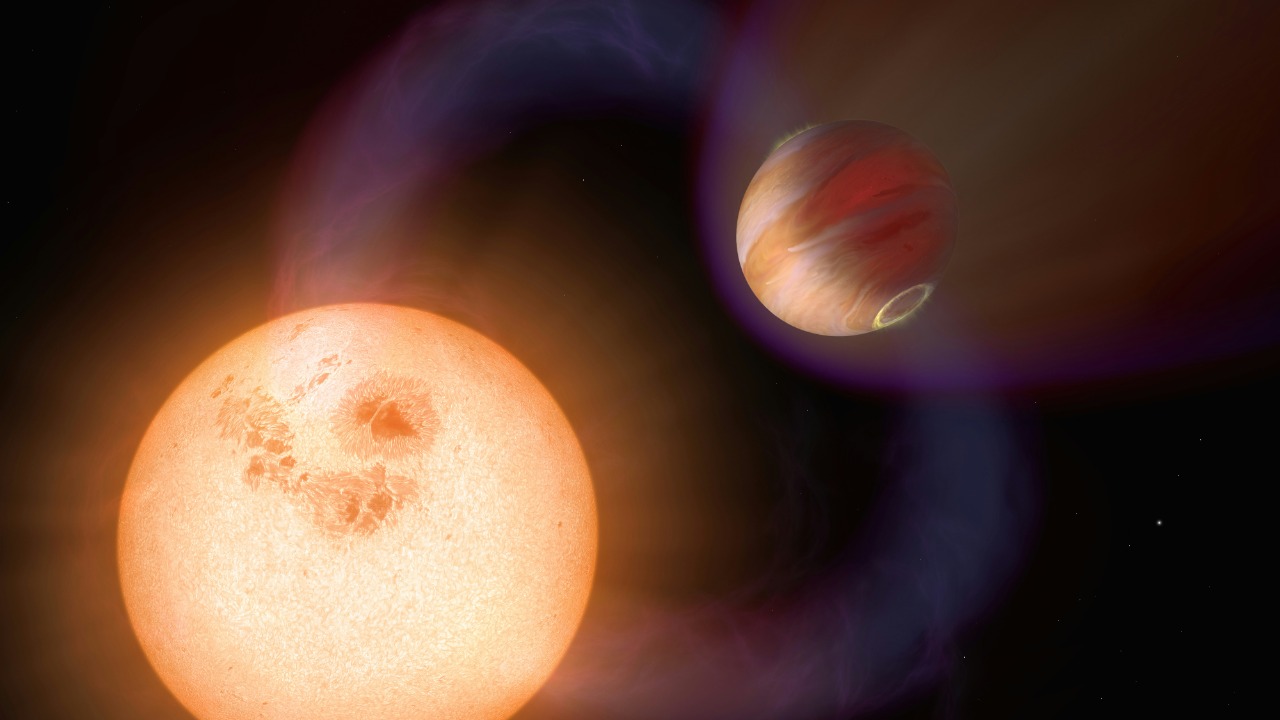
In a groundbreaking revelation, scientists have unveiled an explosive new map of an exoplanet that annihilates water. This map provides a detailed view of the planet’s volatile surface and atmospheric processes that rapidly dismantle water molecules. Simultaneously, new experiments have shed light on a crucial process that forms water during the creation of a planet, offering insights into the evolution of such worlds from water-rich beginnings.
The Revelation of the Exoplanet Map
The core announcement of the map’s creation has sent ripples through the scientific community. This map is not just a static representation; it visualizes the explosive surface activity on the exoplanet, providing a dynamic view of the planet’s volatile features. The scientific team behind this revelation employed a combination of data from telescopes and simulations to capture these features, marking a significant advancement in the field of exoplanet research. The implications of this map extend beyond this single exoplanet, potentially aiding in the detection of similar hostile environments on other worlds. This development, as reported on November 5, 2025, is a testament to the strides made in understanding the universe beyond our solar system.
Characteristics of the Water-Destroying Exoplanet
This exoplanet is characterized by extreme conditions that facilitate the destruction of water. High temperatures and radiation levels are among the factors that contribute to this process. The map reveals an atmospheric composition dominated by elements such as hydrogen and oxygen, which are involved in reactions that break down water molecules. The planet’s location and type also play a role in its water-destroying nature, tying it to broader exoplanet classifications and expanding our understanding of the diversity of planetary environments.
Mechanisms Behind Water Destruction
The map provides a detailed view of the chemical processes that break down water on the exoplanet. Photolysis, a process where water molecules are broken down by light, and volcanic outgassing, which releases gases into the atmosphere, are among the mechanisms at play. The map’s data illustrates explosive events that accelerate water loss, highlighting the challenges to long-term habitability on such a planet. These mechanisms underscore the complexity of planetary environments and the factors that influence their potential to support life.
Linking to Water Formation in Early Planets
In contrast to the water-destroying processes observed on the mapped exoplanet, recent experiments have revealed a key process that forms water during the creation of a planet. These experiments, reported on October 31, 2025, involved lab simulations of protoplanetary disks, where water molecules assemble. The findings from these experiments provide a stark contrast to the water destruction observed on the mapped exoplanet, offering a comprehensive view of the life cycle of water on planets.
Insights from the Experiments on Planet Creation
The experiments identified a key process in the formation of water during planet creation. This process involves ice grain collisions or gas-phase reactions that produce water. The findings, including measured rates and conditions for water buildup, offer valuable insights into the early stages of planetary development. These experiments play a crucial role in modeling how planets transition from water-forming to water-losing phases, contributing to our understanding of planetary evolution.
Broader Implications for Exoplanet Research
The explosive map of the water-destroying exoplanet informs future missions targeting similar hostile worlds. It provides a blueprint for identifying and studying planets with volatile environments. The water formation experiments, on the other hand, refine models of habitable zones around stars, aiding in the search for potentially habitable planets. These developments have far-reaching applications, such as predicting water cycles on undiscovered exoplanets, further propelling the field of exoplanet research into uncharted territories.
More from MorningOverview